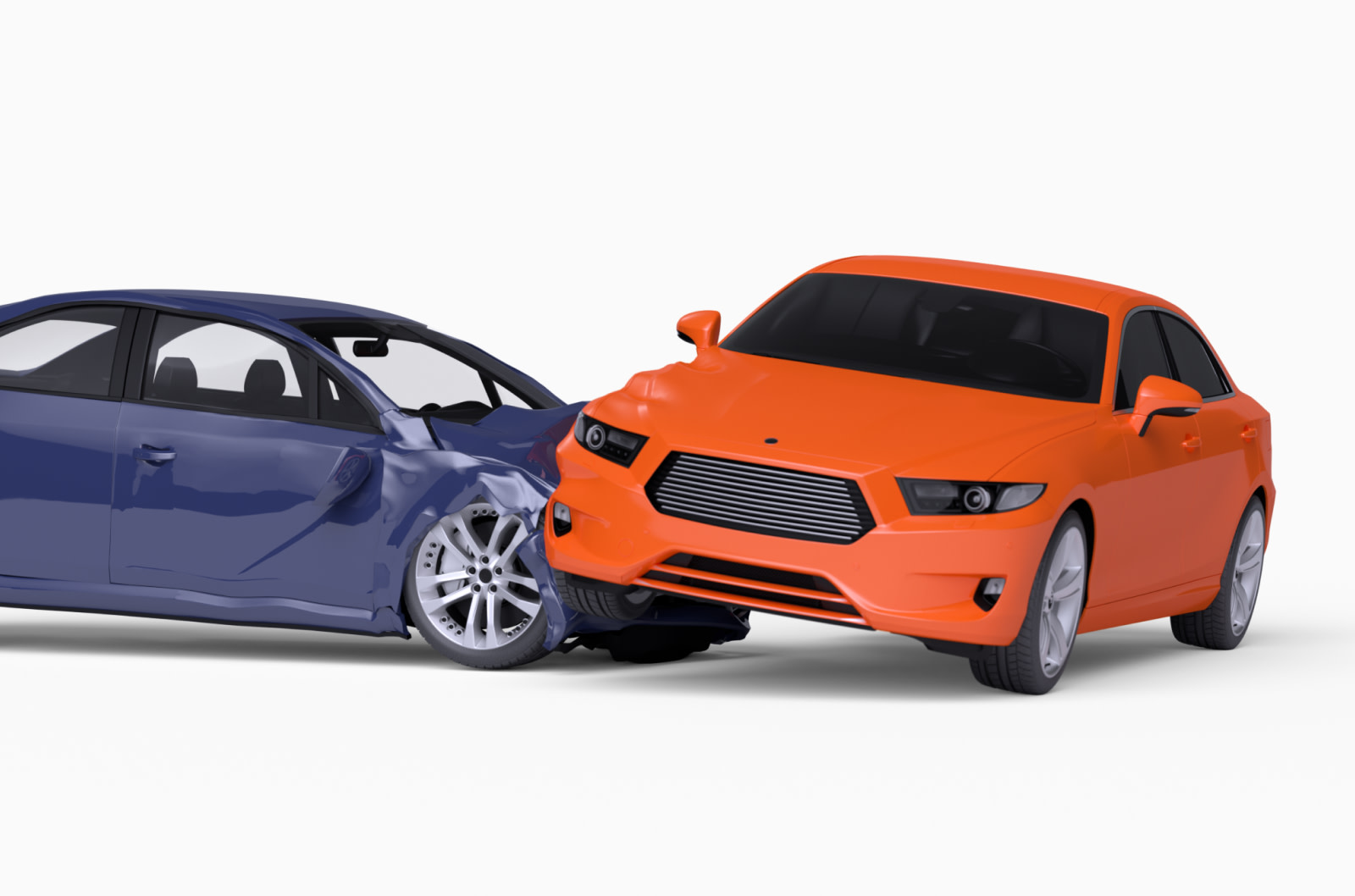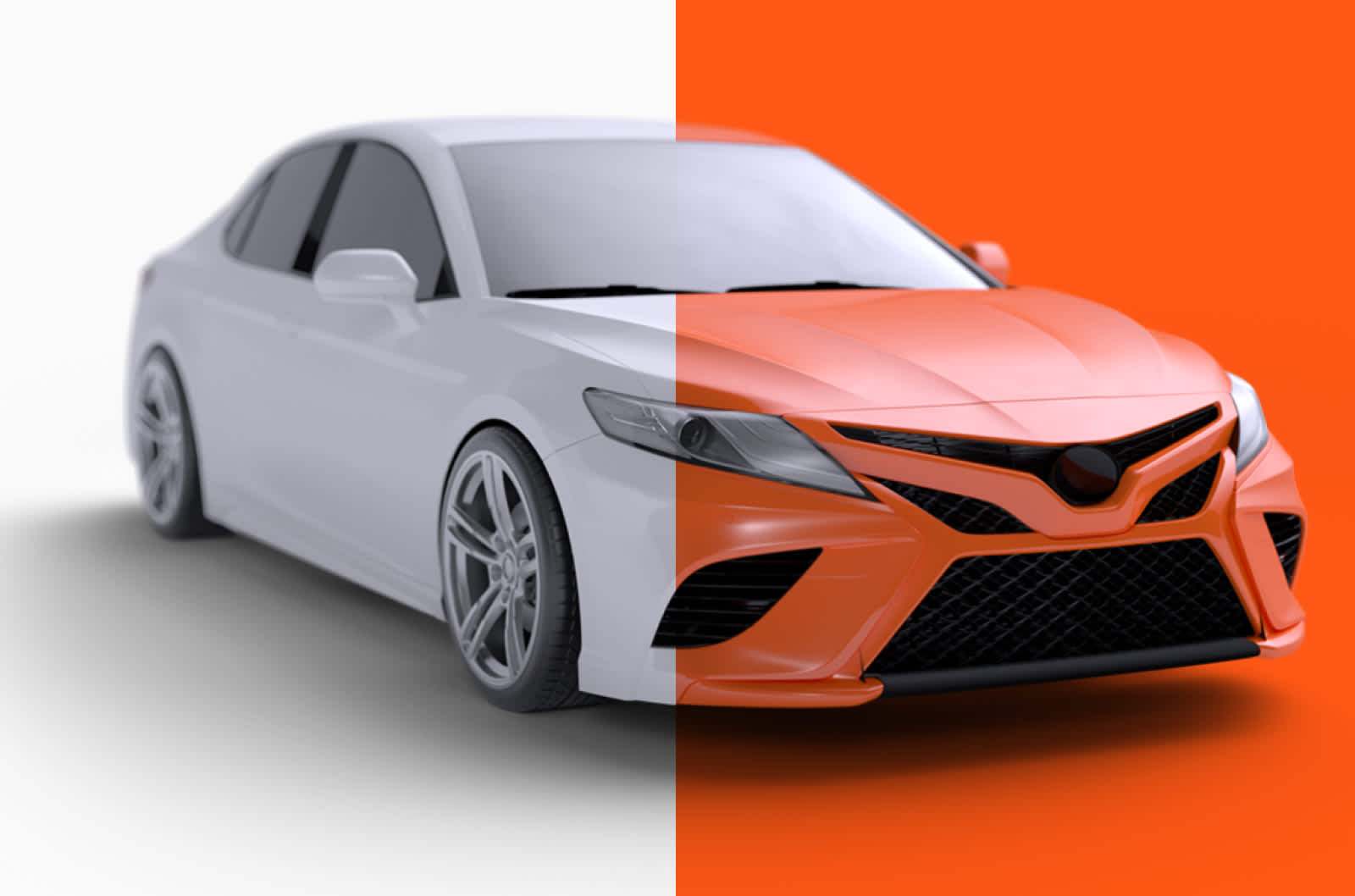May 2, 2018
Comprehensive insurance vs Collision insurance
We began Part 1 of this series by breaking down Liability coverage into everyday English. We explained how Liability covers the other person and their car, when you cause an accident. But what about your car? How do you cover your own car when it's damaged?
In Part 2, we’re going to talk about Collision and Comprehensive car insurance coverages.

What is the difference between Comprehensive and Collision?
If something happens to your car, Collision and Comprehensive coverages help pay for it to be repaired.
Collision coverage pays for covered damages to your vehicle from an accident, regardless of fault. So, it applies to a few different situations:
You hit another vehicle. This covers damages to your car, even if you’re at fault, which, hopefully, makes getting into an accident a bit less stressful. If your car is beyond repair after the accident, Collision also covers the costs of a replacement vehicle.
Another car slams into your vehicle and leaves the scene. Collision covers the damages to your car from a hit-and-run.
You run into an inanimate object and damage your car. Collision will pay to get the dings out.
It’s worth noting that if someone else causes the accident, and your car is damaged, their liability insurance will cover those costs. You can find a refresher on Liability coverage here. But, if the other party doesn't have car insurance, your Collision coverage would apply then, too.
Comprehensive coverage pays for covered damages to your vehicle that are caused by almost anything that isn’t an accident. This includes things like hail, flood and fire damage; vandalism, or even an unfortunate run-in with a deer. Comprehensive also covers small issues like a cracked windshield or bigger problems—like if your car is stolen.
Is there anything Collision and Comprehensive don't cover?
Collision insurance only covers damages from an accident, so it wouldn't cover car problems stemming from simple wear and tear, such as needing new brake pads, for example.
And although Comprehensive does cover almost anything the universe could throw at your car, there are some exceptions. For example, while it covers a stolen car, it doesn’t cover items that are stolen from your vehicle, like a purse or phone. Also, Comprehensive insurance doesn't cover intentional acts by you.
Do you need Comprehensive and Collision coverage?
You should make this determination based in part on the amount of the deductible you have chosen. You should also check with your car loan or lease company to see if you are required to have comprehensive and collision coverage. Your deductible is the amount you must pay toward repairing or replacing your car, before your insurance pays the remainder (no limits). Comprehensive and Collision both have deductibles. A deductible is a separate cost from your insurance rate.
Otherwise, it's up to you. Could you afford to replace your car if it was stolen or totaled in an accident?
If you can afford to replace your vehicle on your own, then you might not need Collision or Comprehensive car insurance coverages. If you can't, these coverages will ensure that you're able to repair or replace your vehicle.
How much do Collision and Comprehensive coverages cost?
It depends on the amount of your deductible. Your deductible is the amount you must pay toward repairing or replacing your car, before your insurance pays the remainder (no limits). Collision and Comprehensive both have deductibles. A deductible is a separate cost from your insurance rate.
The good news is you choose your deductible amount.
The lower the deductible amount you choose, the higher your insurance rate will be. That's because you will pay a lower amount toward repairing or replacing your vehicle, while your insurer picks up a greater portion of the remaining cost. For example, a low deductible could be as little as $100.
You can choose a higher deductible, instead—say, $1,000—and pay less for your insurance rate. But remember, if you ever need to use your Collision or Comprehensive coverages, you'd have to pay this higher $1,000 deductible before your insurance kicks in to cover the rest.
To find what works best for you, decide what you’re comfortable paying out of pocket for your deductible and what you can pay for your car insurance rate.
Please keep in mind that deductibles apply per occurrence. Meaning they work differently than, say, a health insurance deductible.
With most health insurance, once you have paid your deductible, insurance covers the rest of your costs for that year. So, you only pay your deductible once per year. But if you needed to use your Comprehensive coverage three times in a year, you would have to pay your deductible three times—once for each separate occurrence.
Which insurance coverages are right for you?
Unfortunately, we don’t know how much your car is worth or what you can afford to spend—if you had to repair or replace it—so we can’t tell you exactly what coverage to get.
But by breaking down how Collision and Comprehensive work and what they cover, we hope we’ve made this decision a lot easier and a little less intimidating.
Get Collision and Comprehensive insurance the easy way
The Root car insurance app is designed to help great drivers get great insurance at a great price—with no insurance jargon and straightforward instructions throughout the process.
Our app makes choosing coverage fast and easy. In the app, you can compare how different deductibles would change your rate, so you can choose the right option for your needs and budget.
Related Posts

February 18, 2019
5 tips for switching car insurance companies
Changing your car insurance company is not as complicated as you might think, and switching could amount to big savings that are worth a small hassle. Read more

November 26, 2019
Giving up distracted driving: expert tips for ignoring your phone
We’ve all heard stories and seen the sobering statistics. Distracted driving is dangerous, and not doing it can save lives. Read more

November 07, 2018
How much coverage do you really need?
The Root insurance app can help you figure out your needs and understand coverage types, so you can decide which ones are right for you. Read more